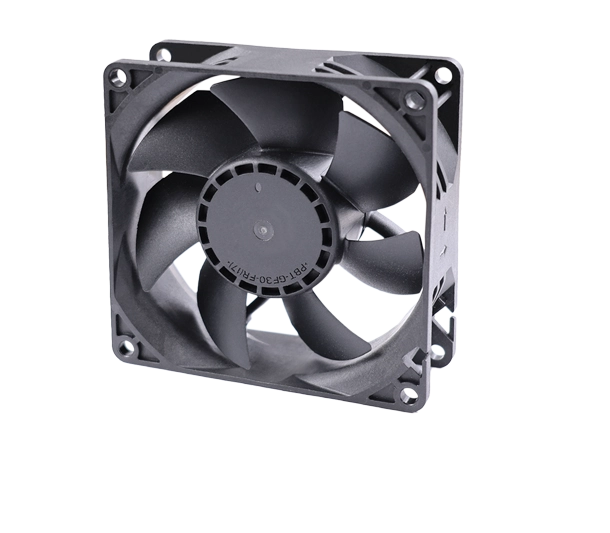Did you know that 94% of consumers are more likely to trust a website with a professional and visually appealing user interface (UI)? Enter UI lamination core - the secret weapon behind sleek, responsive, and eye-catching digital experiences. From smartphones to smart home devices, this innovative technology enhances touch sensitivity and durability while reducing glare for optimal user interaction. Say goodbye to frustrating lag times and hello to seamless navigation with UI lamination core. Elevate your product design game and leave a lasting impression on users with this cutting-edge solution.
Key Takeaways
-
Opt for Efficiency: Choose UI lamination cores to enhance the efficiency of electrical devices by reducing energy loss during operation.
-
Explore Techniques: Delve into different core lamination techniques like cut-core, butt-core, and continuous strip to find the most suitable method for your specific needs.
-
Follow Precision: Ensure precision in the process of creating UI cores to maintain consistent quality and performance in electrical equipment.
-
Select Wisely: Consider the various types of UI lamination cores such as grain-oriented, non-grain-oriented, and laser scribed to select the one that aligns best with your project requirements.
-
Evaluate Performance: Compare the different varieties of UI cores based on factors like magnetic properties, cost-effectiveness, and environmental impact to make an informed decision.
-
Prioritize Quality: Emphasize the importance of selecting high-quality UI lamination cores to optimize the overall performance and longevity of electrical devices.
Understanding UI Lamination Benefits
Efficiency
UI lamination cores offer exceptional efficiency in diverse applications. Their precise design ensures optimal performance in electrical devices and machinery. These cores reduce energy loss, enhancing overall operational efficiency.
Cost-Effectiveness
-
Cost-effective: UI lamination cores are a budget-friendly choice for manufacturers. Their efficient magnetic properties lead to reduced energy consumption, translating into cost savings.
-
Long-term savings: By using UI lamination cores, businesses can achieve long-term cost savings due to lower energy requirements and improved productivity.
Energy Conservation
UI lamination cores play a crucial role in energy conservation efforts. By minimizing energy loss through hysteresis and eddy currents, these cores contribute significantly to reducing overall power consumption. Their high efficiency helps lower carbon emissions.
Exploring Core Lamination Techniques
Nesting
Nesting is a crucial step in core lamination, involving the arrangement of coil bodies within the laminating machine. This process ensures optimal placement for precise and efficient lamination.
When nesting coil bodies, the machine's arms carefully position each component to minimize waste and maximize the use of materials. This technique plays a significant role in enhancing productivity and reducing costs.
Precision
Precision is paramount in core lamination techniques as even minor errors can lead to significant performance issues in UI cores. Ensuring accurate alignment and placement of components guarantees uniformity and consistency in the final product.
The use of advanced machinery with high precision capabilities is essential for achieving the required accuracy in core lamination. Any deviations from the specified dimensions can compromise the functionality and efficiency of UI cores.
Impact on Performance
The quality of core lamination directly impacts the overall performance of UI cores. Proper lamination techniques result in cores with consistent magnetic properties, leading to improved efficiency and reduced energy losses.
Well-laminated cores exhibit minimal eddy current losses, enabling them to operate at higher frequencies without overheating. This directly translates to enhanced performance and reliability in various applications such as transformers and electric motors.
Process of Creating UI Cores
Materials
To begin the process of creating UI cores, gather essential materials such as silicon steel sheets. These sheets are crucial for ensuring optimal performance and efficiency in the final product.
Manufacturing Steps
First, cut the silicon steel sheets into precise shapes using advanced cutting machines. Then, stack these sheets together to form the core's structure. The stacking process requires precision to maintain the core's integrity.
Next, insulate each layer with insulating material to prevent energy loss and ensure electrical efficiency. Proper insulation is vital for enhancing the core's overall performance and longevity.
After insulation, apply pressure to compress the layers together firmly. This step ensures that the core remains intact and functions effectively in various applications.
Quality Control Measures
Implement stringent quality control measures throughout the manufacturing process to guarantee top-notch UI cores. Conduct thorough inspections at each stage to detect any defects or irregularities.
Utilize advanced testing equipment to assess the core's magnetic properties, ensuring it meets industry standards for efficiency and reliability.
Furthermore, perform temperature tests to evaluate how well the core withstands different environmental conditions. This step is crucial for verifying the core's durability and stability over time.
Maintain a clean and controlled manufacturing environment to prevent contamination and ensure the cores remain free from impurities that could affect their performance.
Benefits of Quality Control
-
Ensures consistent performance across all UI cores
-
Enhances customer satisfaction by delivering reliable products
-
Minimizes defects and malfunctions, reducing costly rework or replacements
Tianxiang
Ankiegao@jstianxiang.com
